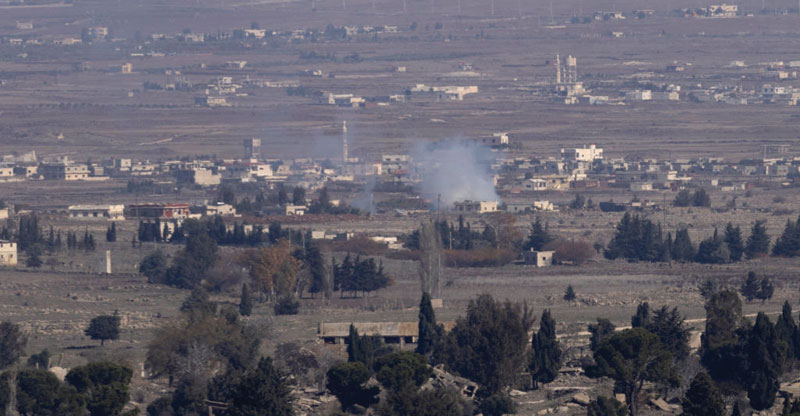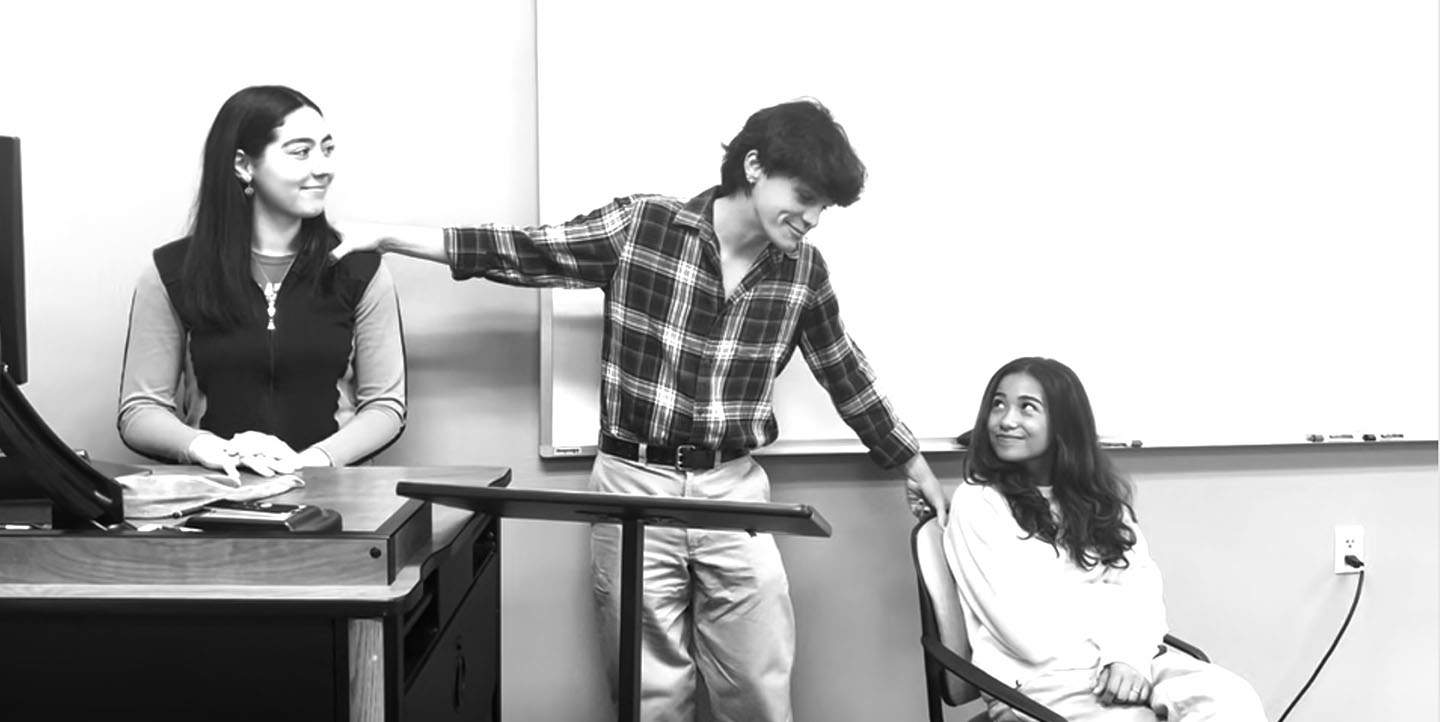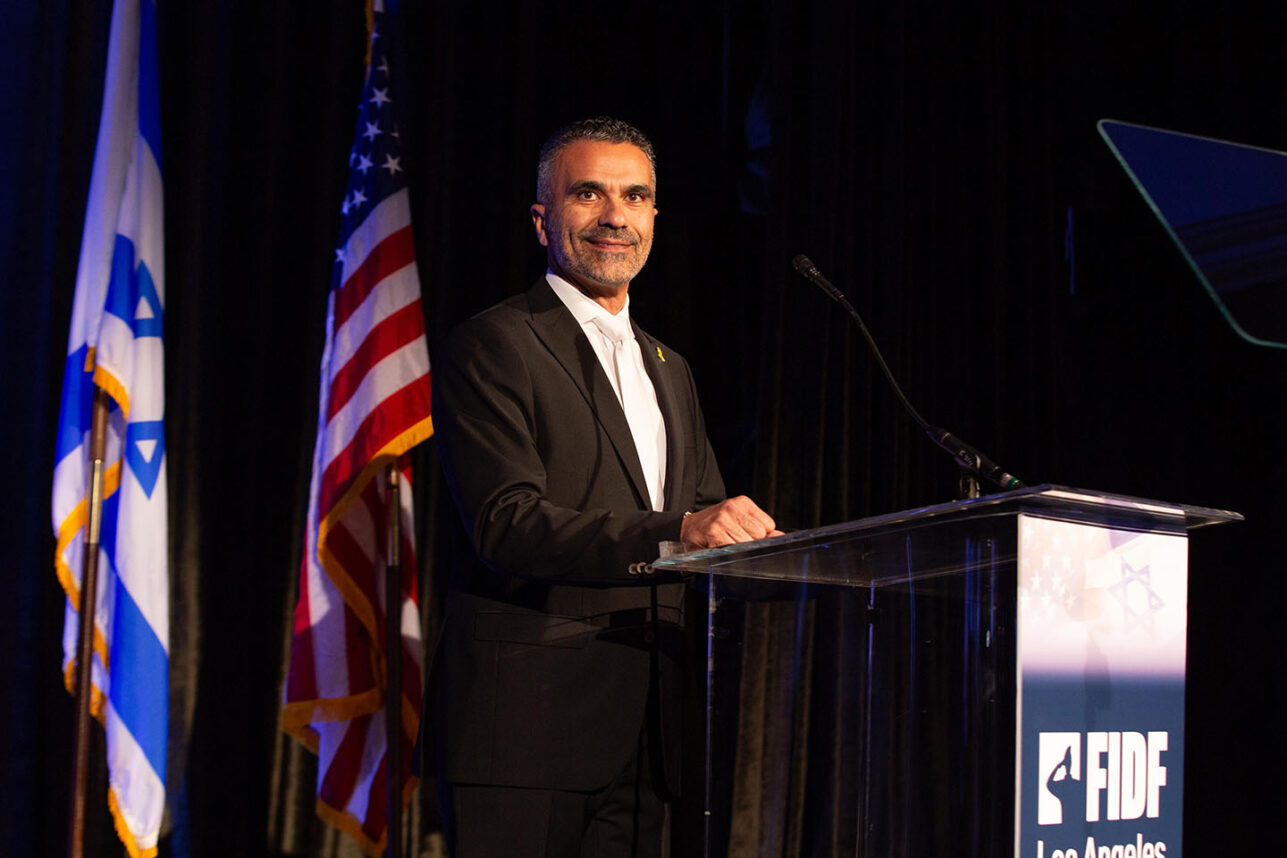On Sept. 12, I walked into my eighth-grade English class determined to talk about what had happened the day before. I asked if anyone had anything to say. A boy with contact lenses and gelled hair raised his hand. “Mr. Maksik, now do you see why I said what I did last year?”
I teach at an Orthodox Jewish school, and last year I taught Harper Lee’s “To Kill a Mockingbird” to my seventh-graders. When we came to the trial of Tom Robinson, I saw an opportunity to make a point. I asked the class what they thought of the way Robinson was being treated on the stand. They reacted as I expected they would, calling the treatment racist and cruel. We all agreed that to treat someone poorly because of his race was unfair. What then, I asked, would they think if instead of a black man, there was a Palestinian man on the witness stand? Without missing a beat, the same boy, then with round glasses and wild, curly hair said, “I’d spit on him.”
This year, in the aftermath of Sept. 11, and after being granted permission by the general studies head, I began teaching a novel written by Naomi Shihab Nye titled, “Habibi.” It is the story of a Palestinian American family that moves to the West Bank. The young girl in the story falls in love with a Jewish boy. Israeli soldiers in the novel are portrayed as bullying. In the second week of teaching the book, I was called to my superior’s office, the rabbi in charge of Judaic studies for the middle school. He told me that I would not be permitted to continue with the book until he was able to review it. He’d received letters from parents. He had already read enough of it to be “certain” that it was inappropriate. Furthermore, I wasn’t to teach history or current events. I told him that I didn’t understand how the novel was contrary to the mission of a school committed to the ideal of moral education. I fought the decision and considered resigning.
At the end of the week, I found myself in a meeting with the founder of the school, the director of moral education, the rabbi with whom I’d had the initial discussion and the head of general studies from the high school. During this meeting, I was told by the director of moral education that I had been insensitive in my choice of literature. By way of making his point, he asked whether I would also be willing to teach “Mein Kampf.” Earlier that day, I received an e-mail from a student’s brother that warned me not to spread my “dilusional (sic) lies in the secular classroom.”
Much has been written about cycles of violence, and it is no mystery that in every war-ravaged country there is endless and deeply rooted animosity. Hatred is passed on. I have seen all of this firsthand in students whose parents are abusive. The boy whose father hits him, hits other kids. None of this is news.
What I’ve never seen is such vigorous political passion, such pharisaic certainty in a child whose voice hasn’t changed. I have seen photographs of children from all over the globe carrying guns, but they have been to me cultural curiosities, icons of worlds very far away. After the World Trade Center fell to earth, I heard many people say that the world had finally come to the United States of America. Some said it with anger, some with fear, some with satisfaction.
In the midst of the uproar over “Habibi,” I assigned my students to write an essay explaining why there is so much enmity against the United States. I received a paper ostensibly written by a seventh-grader that read, “Those who believe that the West Bank is occupied Palestinian land are Arabs from nations where there is no freedom of the press; liberal, self-hating Jews and anti-Semites…. People who have a primitive culture do not understand diplomacy.” When I asked the student what he meant by these things, he said he didn’t know how they had ended up in the essay at all. I did know; someone else had written the essay.
As a teacher, it is my job to ask questions. I am not trying to please a defense contractor, be reelected or fulfill a vendetta sworn by my father. Lately, it is difficult to believe that my tirades against intolerance will make a difference in the face of these children’s and their parents’ convictions. But, I speak from a perspective of ideals, with the luxury of detached liberalism. None of my family has been killed by an occupying soldier’s bullet or a militant’s bomb. I am carrying no image of my brother lying dead in an Israeli restaurant. I have never been persecuted for my religion, my ancestry or for my race. Nonetheless, I am a teacher, and as long as I have the opportunity to question the blind certainty of 13-year-old zealots, I will.
Finally, the school allowed me five days to teach “Habibi” under the supervision of a rabbi, and on March 25, I received a letter from the school stating that my contract will not be renewed for next year.





















 More news and opinions than at a Shabbat dinner, right in your inbox.
More news and opinions than at a Shabbat dinner, right in your inbox.